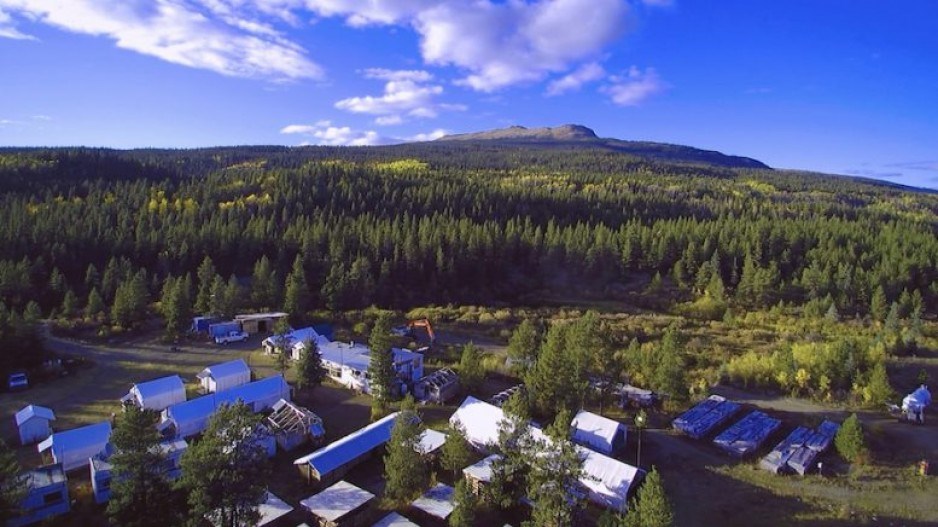It’s a fact.
The world can’t reach its collective low carbon ambitions without the acceleration of responsible mining projects that discover, develop, and produce minerals and metals critical to clean energy solutions. Metals like copper, nickel and molybdenum, are found in abundance, right here in British Columbia.
The province has an incredible and real opportunity to be a key player in the global energy transformation. In particular, copper and other polymetallic deposits will be key to securing the province’s place in the push to a greener economy.
Copper is one of the most efficient conductors of heat and electricity and is essential for our energy transition. It is used every time we need to conduct electricity, including in electric vehicles – which require up to six times more copper than a combustion engine vehicle.
There are future-facing minerals and metals geographically located in every corner of our province, we just have to find these mineral deposits and get them out of the ground.
Mineral exploration companies are like the ‘start-ups’ of the mining industry, using geoscience methods to trace indicators that point to the minerals and metals we critically need.
Once found, we identify the most economically feasible deposits with the lowest environmental footprint that can be operated with the highest standards of social responsibility.
In doing so, we engage early and engage often with local Indigenous communities, working to become true partners in the stewardship of the land.
B.C. currently produces more than half of Canada’s copper, but the world is going to need twice as much copper by 2035, a short 12 years from now.
The time is now to discover and produce more – efficiently and responsibly – and we are well on our way to making this happen. B.C. recorded $740 million in mineral exploration spending in 2022, surpassing the previous record of $681 million from 2012.
Mining is something most Canadians want. According to a 2022 public opinion poll conducted by the Mining Association of Canada, 83% say they ould like to see more mining projects in Canada provided they have a plan to reduce GHG emissions. Which all the major producers do.
However, some are still skeptical of the role our industry could play into the future, especially here in urban B.C. In November 2022, an Angus Reid omnibus poll of urban B.C. residents aged 24 – 44 found that while almost 60% agree that B.C.’s mineral and metal deposits should be mined to power renewable energy, only 40% agree that more mineral exploration and mining projects are essential for a low carbon future.
Unfortunately, without ‘more’ mining there will not be enough supply to meet the green energy demand.
As an industry, we are addressing this skepticism head on to demonstrate that ‘more’ doesn’t mean destruction. It means taking action. More means finding the deposits and moving forward with the ones that make the most sense.
Not just economically, but environmentally and socially as well. More means efficiencies in the regulatory process, so we get to ‘yes’ or ‘no’ decisions more efficiently. More means early, often and true engagement with Indigenous communities who are generally most impacted and in close proximity to most benefit from the projects.
More means local resources discovered and produced following some of the highest regulatory standards in the world.
More ‘here,’ means less ‘there’, where we have no control over workplace conditions, the environmental footprint or the social responsibility.
More means tens of thousands of new jobs right here, all across B.C., and economic stability for generations to come.
Kendra Johnston is the past president and Chief Executive Officer of AME, the lead association for the mineral exploration and development industry based in British Columbia.




